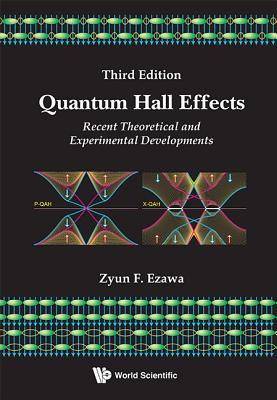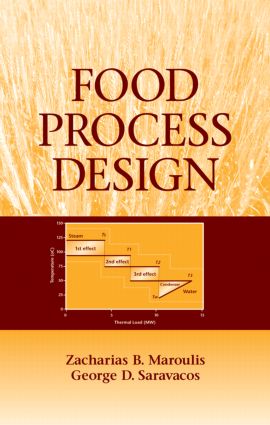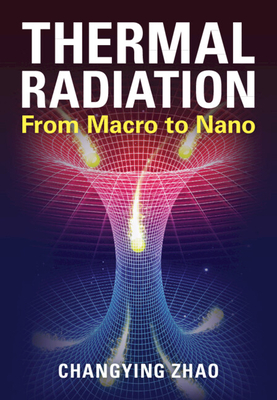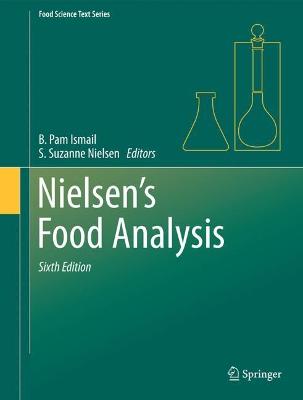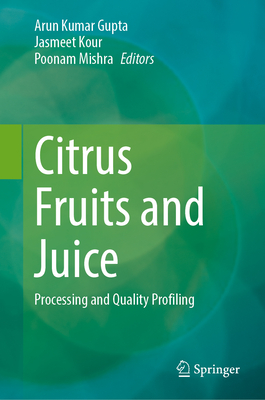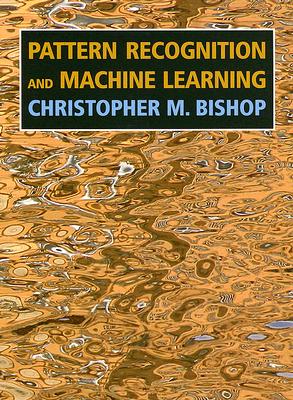
Pattern Recognition and Machine Learning
模式识别和机器学习
- 图书详情
- 目次
- 买家须知
- 书评(0)
- 权威书评(0)
Pattern recognition has its origins in engineering, whereas machine learning grew out of computer science. However, these activities can be viewed as two facets of the same field, and together they have undergone substantial development over the past ten years. In particular, Bayesian methods have grown from a specialist niche to become mainstream, while graphical models have emerged as a general framework for describing and applying probabilistic models. Also, the practical applicability of Bayesian methods has been greatly enhanced through the development of a range of approximate inference algorithms such as variational Bayes and expectation pro- gation. Similarly, new models based on kernels have had significant impact on both algorithms and applications. This new textbook reacts these recent developments while providing a comprehensive introduction to the fields of pattern recognition and machine learning. It is aimed at advanced undergraduates or first year PhD students, as well as researchers and practitioners, and assumes no previous knowledge of pattern recognition or - chine learning concepts. Knowledge of multivariate calculus and basic linear algebra is required, and some familiarity with probabilities would be helpful though not essential as the book includes a self-contained introduction to basic probability theory.
模式识别起源于工程领域,而机器学习则源于计算机科学。然而,这两者本质上是同一领域的不同侧面,并且在过去十年间经历了显著的发展。尤其是贝叶斯方法已从小众工具逐步迈向主流,而图模型则成为描述和应用概率模型的通用框架。此外,一系列近似推理算法(如变分贝叶斯和期望传播)的发展,大大提升了贝叶斯方法的实际应用价值。同时,以核方法为基础的新模型在算法和应用方面也产生了深远影响。本书紧跟这些前沿进展,系统介绍模式识别与机器学习领域的核心概念,兼具理论深度与应用广度。它面向高年级本科生、初入学的博士生,以及研究人员和实践者,无需读者具备模式识别或机器学习的先验知识。阅读本书需要掌握多元微积分和基础线性代数,并对概率论有所了解(尽管书中已提供概率基础的自包含介绍)。

